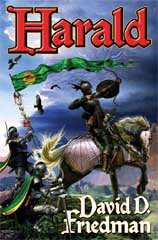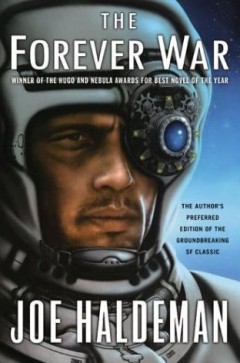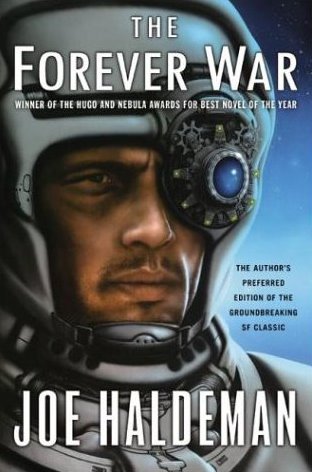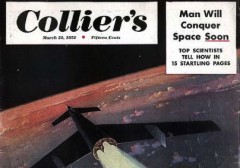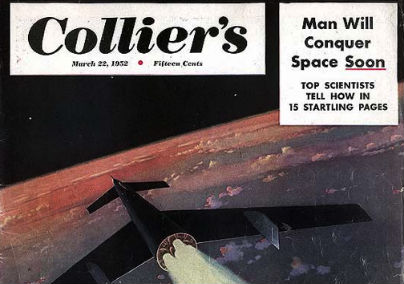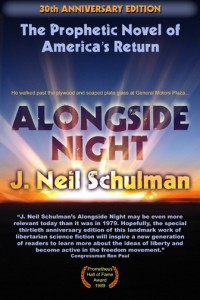 The Ayn Rand’s Atlas Shrugged book app for iPad has been awarded the App Fiction prize in the 2012 Publishing Innovation Awards. The award was handed out at the recent Digital Book World Conference.
The Ayn Rand’s Atlas Shrugged book app for iPad has been awarded the App Fiction prize in the 2012 Publishing Innovation Awards. The award was handed out at the recent Digital Book World Conference.
In addition to the novel itself, the app “includes some of Rand’s lectures, additional articles for further reading on Rand and her philosophies, a timeline of events in Rand’s life as well as the works she published, and other materials.” If you own an iOS device, you might want to check it out, but it will cost you $14.99.
In related news, filming for Atlas Shrugged: Part Two is scheduled to begin in April. The first film was not great (see Matthew Alexander’s review) and didn’t do so well financially. It doesn’t bode well that the second film will have a smaller budget and a new director and may have some central characters recasted.
~*~
But back to Apple-related news, one P.J. Rey over at The Society Pages: Cyborgology has an interesting article about “How Cyberpunk Warned against Apple’s Consumer Revolution.” There are at times anti-corporate progressive and Marxist overtones in the article — Rey even references Marx’s notion of “false consciousness” — but nevertheless Rey’s criticism of Apple in light of cyberpunk’s tendency toward individualist anarchism should be of interest to radical libertarians of all stripes.


